Why jute?
Since a very long time, jute bags have been used for importing and exporting food products all over the world, taking advantage of their good properties. Besides their insulation the high-performance natural fiber is also known for good moisture management and mold resistance.
Jute compared to other renewable raw materials
Compared with hemp or straw, for example, the natural fiber jute offers slightly better insulation performance. This is certified as "very good". In contrast, the insulating performance of insulating packaging made of straw is only classified as "medium" and that of hemp as "good". In addition to insulation performance, moisture control is also a decisive factor in selecting the right material for insulation. Jute, like hemp, offers "very good" performance here. performance, while straw only offers "good" performance.
Because of these many advantages of jute, we have chosen exactly that.
Sustainable cultivation
Jute is a natural fiber obtained from the Corchorus plant. The fast-growing plant belongs to the mallow family and originally comes from the Mediterranean region. In the right climate, jute plants do not require fertilizers or pesticides, and no artificial irrigation is needed.
As natural fibers, jute fibers are also completely biodegradable. The jute fiber has a golden and silky sheen, so it is also called "the golden fiber"!
This is how jute fibers are made:
- The jute plant grows an average of four months until the harvest.
- Then the stalks are picked and roasted in the next step for about 20 days.
- The jute fibers can be extracted from the roasted stalks.
- The fibers are then dried.
- In our factory we then process the fibers into fleeces in a special process. The fleeces then form our JuteBox as one unit!
Alternative manufacturing process
Made from former jute bags for cocoa or coffee beans, jute is a durable, robust upcycled product. A practical example of a second life cycle for natural fibers. This circumstance makes the eco-balance of the thermal packaging unique. The bags are transported to Germany with coffee and cocoa anyway. To protect the beans, a new bag will be used for transport. Therefore, sacks in Europe have been landfilled or incinerated until now.
Reuse makes jute particularly environmentally friendly. In addition, insulation materials are biodegradable and are not considered harmful to health. Since they are naturally resistant to pests and vermin, any after-treatment is unnecessary. The production is also very energy-efficient.
07.07.2021
MAKE A REQUEST

kompackt61 is a manufacturer of high quality and high performance sustainable insulating jute packaging as an environmentally friendly alternative to polystyrene.
